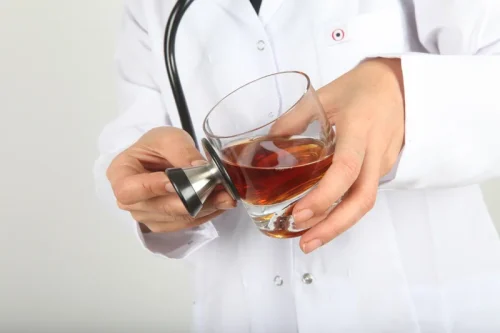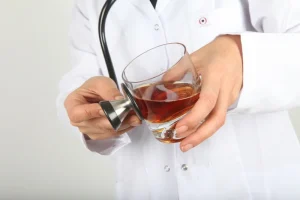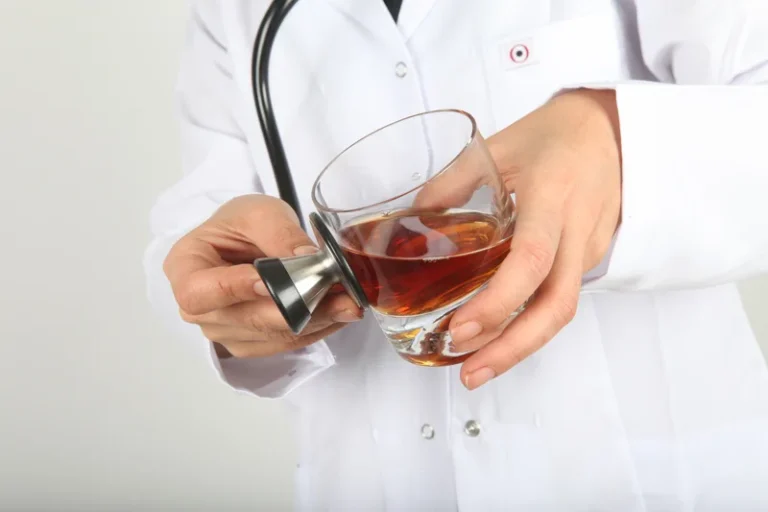The 5 Stages of Kidney Disease: Protect Your Health National Kidney Foundation

Having more than three drinks in a day (or more than seven per week) for women, and more than four drinks in a day (or more than 14 per week) for men, is considered “heavy” drinking. Heavy drinking on a regular basis has been found to double the risk for kidney disease. One reason alcohol may affect the kidneys is through acute kidney injury. This may result from high levels of toxins leading to tissue injury and inflammation.

How Does Alcohol Affect Kidneys? Drinking and Kidney Facts
One possible mechanism is oxidative stress resulting from increased production of reactive oxygen species, which leads to an excessive amount of free radicals, which in turn trigger tissue injury and increase inflammation. In addition, AUD’s effect on other major organs (liver, heart, intestines, and skeletal muscle) appears to promote unfavorable pathological processes that are harmful to the kidneys. Notably, these mechanisms have not yet been validated experimentally in the kidney. Additional research is needed to clarify if alcohol does indeed promote kidney injury and the mechanisms by which alcohol-induced kidney injury may occur. One form of alcohol abuse that contributes to kidney disease is binge drinking, usually defined as consuming four or five drinks within two hours.
Potential confounding factors of alcohol consumption
In the early stages of chronic kidney disease, you might have few signs or symptoms. You might not realize that you have kidney disease until the condition is advanced. Often there are no outward signs in the earlier stages of chronic kidney disease, which is grouped into stages 1 through 5. And as kidney disease progresses, you may notice the following symptoms. Nausea and vomiting, muscle cramps, loss of appetite, swelling via feet and ankles, dry, itchy skin, shortness of breath, trouble sleeping, urinating either too much or too little. However, these are usually in the later stages, but they can also happen in other disorders.

Browse By Type

For men, heavy alcohol use is defined as more than four drinks in a single sitting or more than 14 drinks in a week. For women, heavy drinking is defined as drinking more than three drinks in a single sitting or more than seven drinks in a day. It is important to remember that someone who is an older adult kidney damage from alcohol symptoms or has health problems may be more susceptible to the effects of alcohol than the general population.
- This indicates that long-term ethyl alcohol consumption can activate both intrinsic and extrinsic pathways of apoptosis in the kidneys (Figure 1).
- The best way to know if there’s anything wrong with your kidneys is to contact a doctor.
- There are mixed conclusions about whether or not alcohol causes kidney failure specifically.
- There is no cure for kidney disease, but treatment can help manage symptoms, improve underlying disease, and prevent it from worsening.
- Alcohol increases your risk of developing diabetes and can make it more difficult to manage diabetes if you do have it.
Kidney disease treatment
- How long you have to drink to get kidney damage depends on multiple factors, including how much you drink and your risk profile.
- This equals 5 cans of beer, 12 shots of whisky, or 3.5 cups of wine.
- Many people with ALD are malnourished (lacking proper nutrition) due to a variety of factors, such as lack of eating, vomiting, and malabsorption (difficulty absorbing nutrients from food).
- As the disease progresses, you may experience foamy urine, fatigue, swelling, or dry, itchy skin.
- Those who cannot avoid alcohol may require treatment at rehab centres like Simcoe Addiction and Mental Health.
In liver failure, the liver is severely damaged and can no longer function. Other organs, such as the kidneys, and body systems such as the respiratory system, may also begin to fail. Early damage to the liver causes fat to deposit onto the liver, resulting in hepatic steatosis, or alcoholic fatty liver disease. Fatty liver disease often has no symptoms and can usually be reversed.
General Health
It’s important to limit alcohol use to the recommended amount. According to a study published in The Lancet, it is 100 grams of alcohol per week (30). This equals 5 cans of beer, 12 shots of whisky, or 3.5 cups of wine. Chronic alcohol use also interferes with the kidney’s ability to maintain blood pressure (14). High blood pressure damages the blood vessels in the kidneys, reducing their efficiency in filtering blood (15).

Confirming Alcoholic Liver Disease Through Diagnosis

Additionally, the kidneys help regulate blood pressure, stimulate red blood cell production, and contribute to bone health. Various factors affect their function, including alcohol intake. Some people may drink heavily once and obtain an acute kidney injury. Stage 5 is kidney failure or end-stage kidney disease (ESKD).
How Can Kidney Pain Be Prevented?
As mentioned, acute kidney injury can occur after a session of binge drinking. It happens when the kidney gets inundated by alcohol and cannot filter out the toxins as fast as they enter the bloodstream. People who experience kidney pain during or after drinking alcohol should contact a physician. It is especially important to seek medical care if the pain worsens with time.

Leave a Reply
You must be logged in to post a comment.